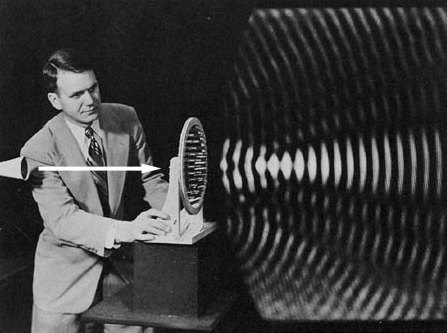The Orange County Magic & Comedy Showcase in Orange, California is remarkable: instead of limiting the amount of time performers spend on stage, its producer and emcee Joe Derry limits the number of performers. By leaving it to performers to self-police their time on stage, they are freed to spend all their focus on what they’re doing.
Everyone – including the audience – benefits tremendously.
“No one is prowling the back of the room with a watch and a flashlight, waiting to give you your two-minute light” explains Derry. The result is like a much-needed breath of fresh air: performers are relaxed and enjoy an unmistakable sense of camaraderie that’s virtually impossible with the assign-a-slot mindset that prevails at so many showcases.
When I was building up my stand-up comedy act at open-mics, giving performers “the light” was deemed a necessity – and few things go further to ensure that performers are put on ice from the moment they arrive.
By limiting the number of sign-ups instead of the amount of time they spend on stage, Derry’s showcase avoids another problem that famously vexes the format: an audience that consists mostly of sign-ups anxiously waiting their turn. At the OCMC showcase, the audience is comprised overwhelmingly of Orange county locals patently grateful to have a different (and free) magic show right in their own backyard each month.
Learning magic under the auspices of the Long Beach Mystics, Joe Derry knows that happy entertainers mean happy audiences: a lesson more bookers and show producers would do well to learn.
(In addition the monthly showcase, Joe also stars in his own weekly show, Merlin’s Magic & Comedy Dinner Theatre. Both are hosted by the Rib Trader restaurant).
Questions or comments? Leave them in the section below.
Return to www.daviDDeeble.com or watch me relate an awkward conversation I had on an elevator.


